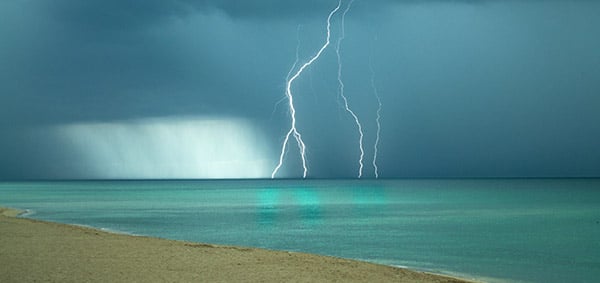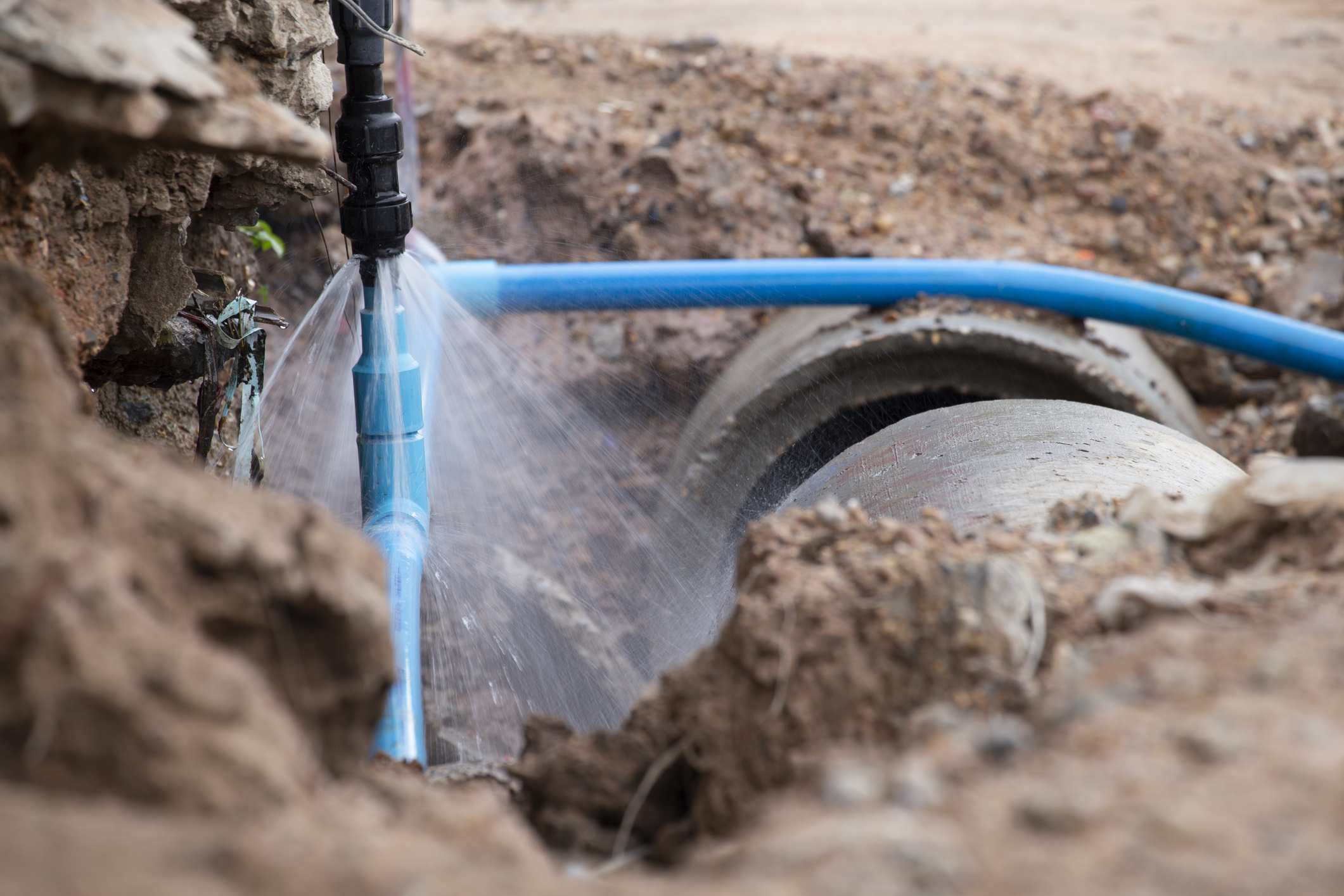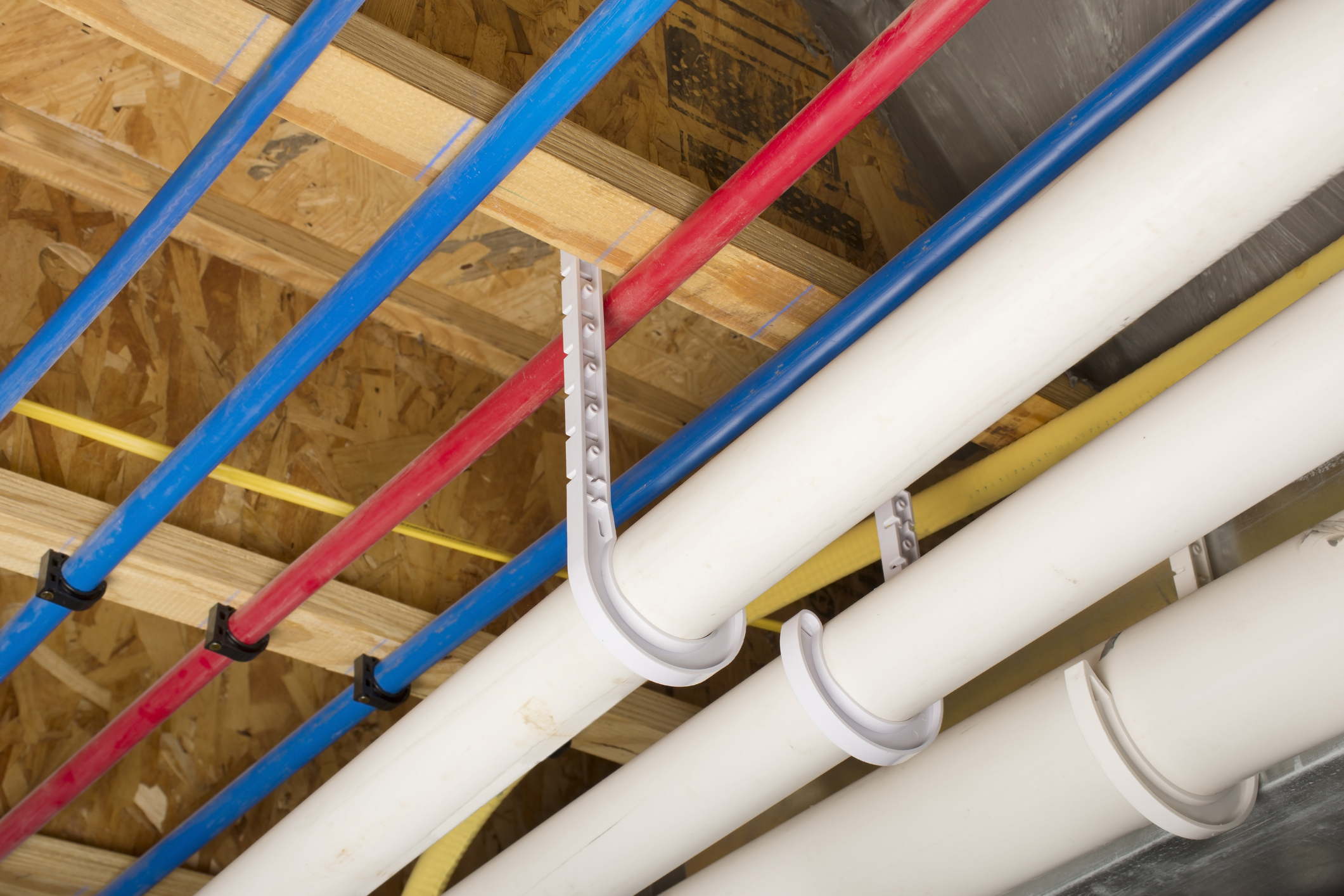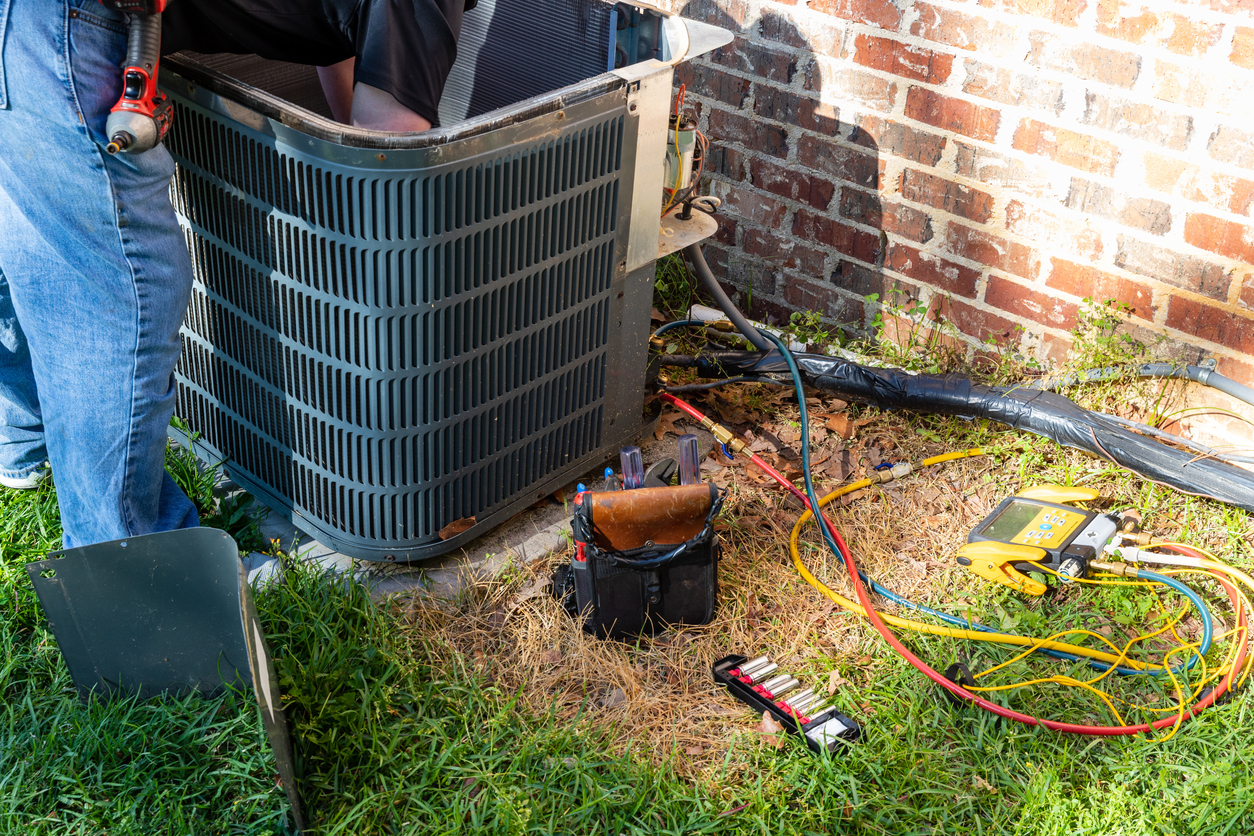Tampa's HVAC Services | License #: CAC1818057

Florida Storms: How to Protect Your AC Unit from Damage
Taking care of an AC unit in Florida is a bit different than taking care of one in another state. Our tropical weather requires a bit more effort on our part in terms of AC maintenance – the price of living in paradise. To keep your air conditioning unit adequately protected from these chaotic and damaging storms, here are some steps you can take.
3 Steps You Can Take to Protect Your AC from Florida Storms
-
-
Turn Off Your Unit
-
During a severe thunderstorm, lightning always has a chance of hitting your electrical lines and sending a surge of power to your AC unit. Too much power could zap your system completely. That’s why it’s so important to turn off your unit before the thunderstorm can hit.
It’s a good idea to get in the habit of checking weather reports each week. Then, if a thunderstorm is expected to hit your area, you can take the necessary precautions for getting ready to be without your AC unit. For example, you can invest in some battery-powered mini-fans that you can use until the thunderstorm has completely passed.
However, shutting off your AC is better said than done. The humidity and heat produced from tropical storms can be intense and shutting off an AC isn’t always convenient, especially if you have children, elderly, or ill family members living with you. If you want to keep your AC on, consider purchasing a quality surge protector for your AC unit. Although you may pay a bit up front, the benefits of protecting your air conditioner are well worth the investment.
-
-
Raise Your Unit
-
Florida storms can go from zero to 60 in no time at all. As they begin to gain strength, water starts to build and can quickly lead to floods, especially in low lying areas and those that cannot withstand significant levels of water. AC units are commonly prone to water damage if they are not correctly elevated.
Is your air conditioner raised off of the ground? If not, you should take action before the bad weather hits to ensure it is safe from any potential flooding. You can easily safeguard your AC unit from flooding waters by raising it off the ground using a hurricane pad. This square shaped concrete pad will give your AC unit added lift to avoid significant water damage. It’s pretty heavy as well, so running water will not be able to sweep your HVAC system away. Make sure the pad is on level ground to ensure your AC unit can still perform at an optimal rate.
If you’re not sure how to do this, contact an AC technician to assist you in safeguarding your unit. Again, you may pay a bit more than you’d expect, but preventing irreparable damage to your AC due to water damage is worth it.
-
-
Cover Your Unit
-
Storms are unpredictable. From direction to intensity to potential damage, you never really know what challenges you will face until it’s over. The same can be said for the dirt, debris, and other miscellaneous objects these storms kick up that can potentially damage your AC unit. One of the best ways to prevent damage from such items is investing in a weatherproof tarp specifically for HVAC systems.
The tarp acts as a protective barrier, giving your AC unit full-coverage protection. All you need to do is secure it around your AC unit before the storm hits, and it will remain intact until the storm is over. You won’t have to worry about integral parts of the condenser unit getting damaged. Once the storm has passed, just take the cover off and keep it stored for later use.
Dealing with severe storms on a regular basis can be somewhat stressful in Florida. However, if you take a proactive approach and plan appropriately, these storms won’t do any harm to your HVAC system. With the right planning, you can come away from these storms without having to worry as much about extensive damage that leads to a costly AC replacement. And you don’t have to be a master of AC unit protection, either. Simple steps go a long way.
Recent News

Why Does My Toilet Flush Twice?

Why Does My Bathroom Smell Like Sewage?

Broken Pipe? 5 Common Causes

Types of Plumbing Pipes: Which are Best for Your Home?

What to Do In Case of an Emergency Water Leak

Why is My Air Conditioner Making a Dripping Noise?

What Should You Set AC to in Florida When Away From Home?
